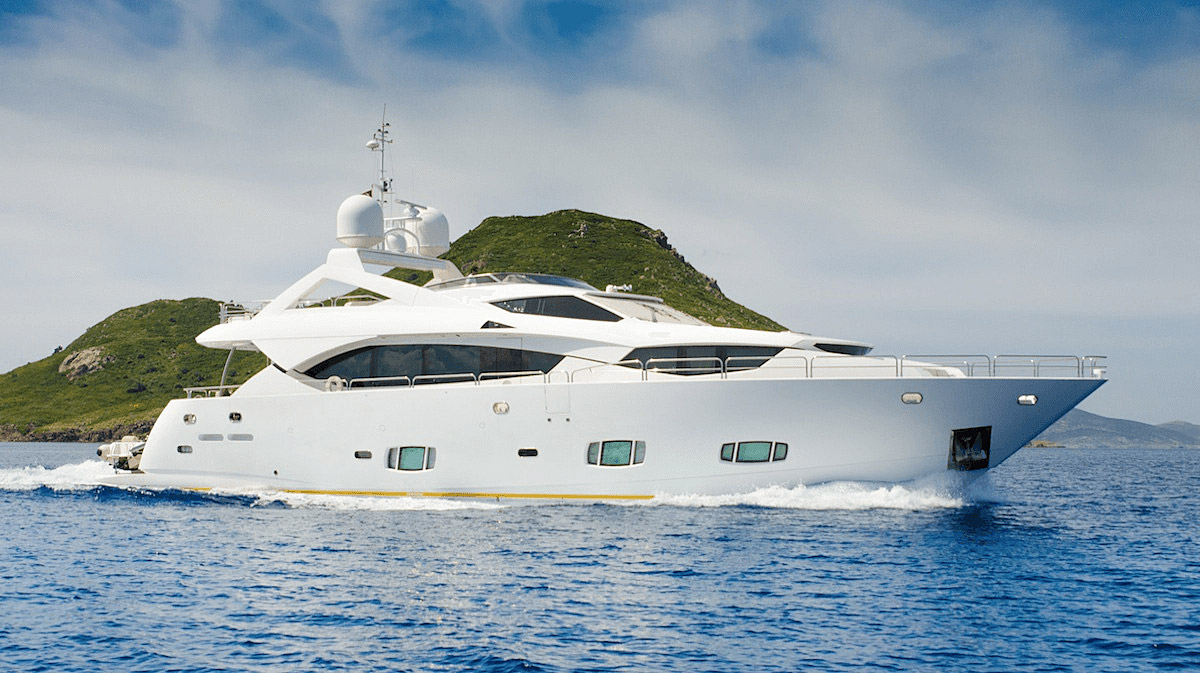“Should I apply for a job on a small yacht or a large yacht?”
The answer is – It’s completely down to your personal preference. Although the size of the yacht will have an impact on your work, there’s no saying that just because one is bigger than another, you’ll prefer it. There is a whole heap of benefits to working on either. So, let’s get into it…
What to consider when choosing between working onboard small yachts VS large yachts:
Pros of working on a small yacht:
- Smaller yachts often tend to be family-oriented – This doesn’t mean that the owner requires less professional service. In fact, it’s quite the opposite and it varies from boat to boat.
- Smaller yachts need multi-skilled crew members who can work in a team environment – It’s the same as if you’ve ever worked in a smaller company, you don’t just wear one hat, you’re required to dip your feet in where’s needed. Overall, There’s more diversity, which allows green crew to get a feel for all different departments.
- You learn more – Following on from the above pro, due to having to dip your toes in different areas, crew who start on smaller yachts tend to learn more skills and gain more knowledge more quickly. This is because they have that opportunity to help in other areas, in comparison to larger vessels where this is often not the case. So, how do you fancy being a deckhand and a videographer? Or perhaps and Laundry Stewardess and a fitness instructor?
Cons of working on a small yacht:
- Small Crew Quarters – Not necessarily an issue for some, however, the idea of living in a fairly confined space is not appealing to many. Although the crew quarter isn’t ginormous on a large vessel either, it’s obviously a lot tighter on a small vessel. And as former Captains and crew ourselves, we can firmly say that if you can’t handle being closed in and having little personal space, then it’s best not to opt for a small vessel.
- Crew Conflict – Disagreements among crew members on a small yacht can adversely affect everyone on board, even if you are not directly involved
- Lower turnover – Crew turnover is often higher on larger yachts because there is a less personal connection between members, compared to crew on a smaller yacht who often see their colleagues as family members.
READ MORE: Captain Luke: Yacht Crew Salaries – What’s Fair In 2023?
Pros of working on a large yacht:
- More likely to work in one specific role with set requirements – For some, being in a position where you primarily work in that one department and have specific job requirements is exactly what they want. In comparison, to a smaller vessel where you’re more than likely required to dip in and out of various areas.
- Structured hours and more rest – Because there’s more crew in each department, working on a large yacht often means that crew members have more downtime to rest or explore.
- Larger Crew Quarters – A larger vessel = More space for crew to enjoy their privacy and relax.
Cons of working on small yachts:
- Crew Culture – Working on a large Superyacht means more crew, and with that comes the lack of personal connection. Small yachts tend to have a more family-oriented culture, whereas larger yachts tend to emphasise hierarchy and teams within departments.
- Higher chance of getting a rotational job – Despite the controversy around crew rotation jobs, you’re more likely to land a yacht job with rotation on a larger yachts. For instance, 2 months on, 2 months off. However, remember if you’re green crew, that may come with a slower learning process.
- Higher Turnover – Because of the Crew Culture mentioned in point No.1, larger vessels tend to have a high turnover. Crew don’t feel as obliged to stay with the boat on a journey, in comparison to smaller yachts.
For the latest Superyacht Crew career and training articles, click here.



.gif)


.gif)














